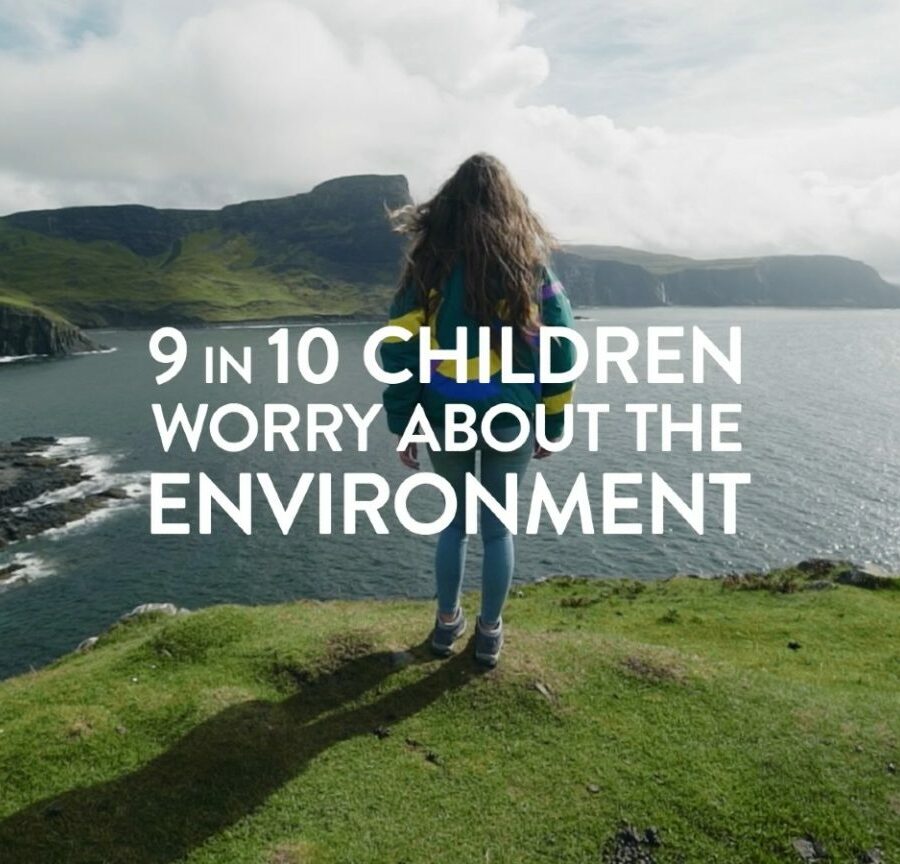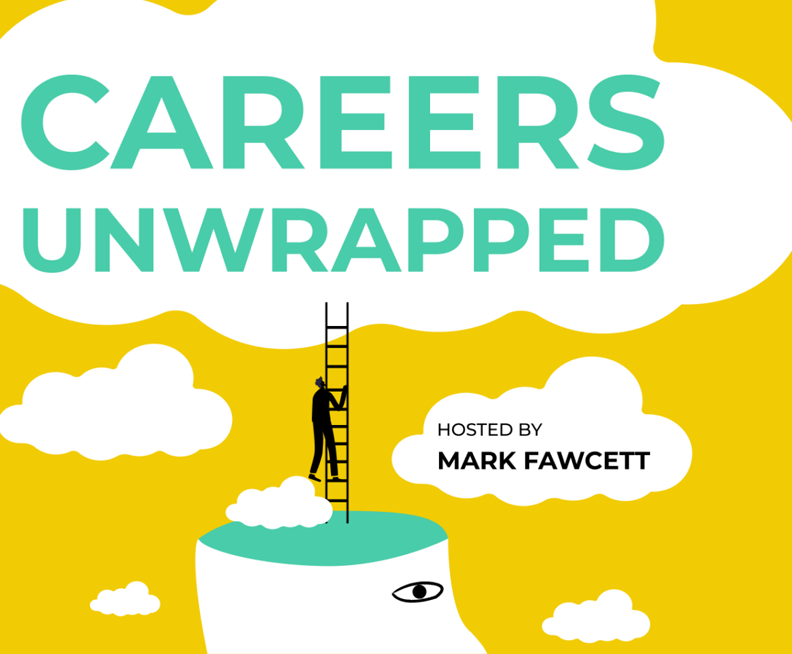The future of your business depends on how well you understand young people.

The risk and opportunity for the ‘Brand of University’ in the coming decade
5 March 2020
Two generations ago, universities were ‘special’ – the preserve of the few with high aspirations, a strong education and the background to get there, to fit and to thrive.
Then, over the last generation, going to university became normalised – something for the many, even the majority.
As that happened universities built a near-monopoly on a young person’s future.
- To succeed – you must go to Uni
- If you don’t – you’re behind already
Employers started to put ‘graduate’ on more and more job descriptions, often as a lazy short-cut to reduce and refine the number of applicants.
But this near-monopoly is starting to change – and the pace of change is picking up. There are 3 key reasons for this.
- Choices: alternative options are improving and becoming more widely communicated and accepted. Apprenticeships, entrepreneurship, gig-economy inspired career-variety, straight-to-work choices. The volume and quality of all these is rising – not yet to match the scale of university places – but certainly to challenge the perception that Uni is the only way.
The number of school pupils saying it is “important” to go to University has dropped in each of the last 3 years, as has the number saying it is “very likely” they will go.
Scepticism about the benefits of university is growing amongst their core market.
- Employers: they are looking for their talent more widely. They are changing their recruitment methodology and increasing their non-graduate pathways.
They are looking for a more diverse talent pool, with clear evidence that it is good for business to do so.
- Money: this new generation have seen the financial struggles of the one before them. They have seen the global, national and personal problems created by debt and want to avoid that. They are showing themselves to be fiscally conservative. And they clearly see the £50k+ debt they are likely to carry with them after a university course.
Challenges exist at the entry and exit points for universities. The overall brand is no longer a clear one. Whilst individual establishments are developing and communicating their messaging and their offer to differing levels the overall ‘Brand of University’ is no longer as clear as it was.
What does it mean to young people and their parents … and employers? Where is it going? What is its unique value in today’s changing education and employment world? Why is it a better path towards your future?
Understanding this new generation
The Millennials have largely moved on from university. Generation Z are now the higher education students of today and the next decade. Each generation is different from the ones before, shaped by new circumstances and ideas. These are more different – markedly so in many ways.
Within Generation Z are the ‘Emerging Adults’: 5 million later teens and early 20’s arriving on university and employer doorsteps. Four key characteristics describe them
Fluidity: they are much more fluid in their interests, views, identities and career directions. They cannot be as easily identified, as previous generations, by their tastes in culture, politics or fashions. They are a moving target. They expect more stimulation and choice in terms of education and career. So, what might that mean for attracting and teaching the new generation?
Unhappiness: they are lonelier and more unsatisfied and lacking in confidence – not just when compared with older generations today, but also those generations when they were Emerging Adults themselves. They live in an always-switched-on world – receiving negative news and information and faced with unrealistic comparisons of others’ perfect lives. So, what does that mean for their mental wellbeing at university. For their confidence in their own abilities?
Fairness: they are deeply concerned about social fairness. Particularly diversity and all the wider contexts of equality. They are passionate – and they spot tokenistic attitudes and approaches easily. They just don’t see why older generations have created or tolerated systems or organisations which are just not fair and equal. So, what does this mean for the values each institution lives and projects?
Career happiness: Lastly, they believe, more than any other generation, that the most important factor in a successful life is being happy in their career. They are desperate to grow and thrive. The believe the single most important thing an organisation can do to earn their respect is to provide skills, training and work opportunities. They rank being happy in their career above friends, relationships and adventures. So, what does this mean for how universities structure learning, integrate skills and demonstrate links to careers?
What Universities should do
The greatest threat comes from complacency. With the population of 18-year olds set to start to rise in the UK over the coming decade, too many organisations believe there is no threat to their student numbers. But the ‘Brand of University’ is suffering at both the student entry point and the employer exit point. We see three clear steps to be taken to regain relevance and thrive in the coming decade.
- Firstly – re-evaluate and create a clear Value & Purpose in the world. Do this in a process of co-creation with enthusiastic young people. With so much choice on offer for students (and their parents and school advisors), Stand For Something that makes a positive difference – not just reacting to the latest student pressure group but something more fundamental and longer-term. What do you believe in; what is right; what do you care passionately about? Make it happen and tell people.
- And then, Bring Skills to the fore – it is not enough to have a degree – with the growth in graduate employment entrants to the job markets over the last 15 years, the degree qualification is more and more just a door opener – no longer a passport to their future. What matters, even more so in the AI world arriving around us, is the skills to adapt and make things happen. Communication, Problem Solving, Collaboration.
The important thing is – this is do’able and not that difficult. Any course of study can be adapted to bring these skills to the fore as a fundamental theme AND show students how to better tell people about them. Any accommodation provider can create better opportunities for skills development for all residents. And not just work-linked skills, but the skills to be happier, to thrive in life.
- And at a strategic level – tackle Brand University. Change the perception of what University means to tomorrow’s students, their parents and, importantly, to employers. Any brand, when it starts to become devalued by its key markets, needs to address this – and the Brand of University is no different. There are so many brilliant reasons why an undergraduate university experience can be the catalyst for a wonderful life … so make that case.
View other news & views

Scottish Water launches Generation H2O by We Are Futures
Read more
We Are Futures podcast-led initiative Careers Unwrapped helps brands develop talent in schools
Read more
It’s back to school time for brands: three lessons every client looking to engage with young people should learn.
Read more
Linkedin, Nintendo and Sky are Gen Z’s top employers
Read more
Nintendo and Spotify named as Gen Z’s favourite brands
Read more